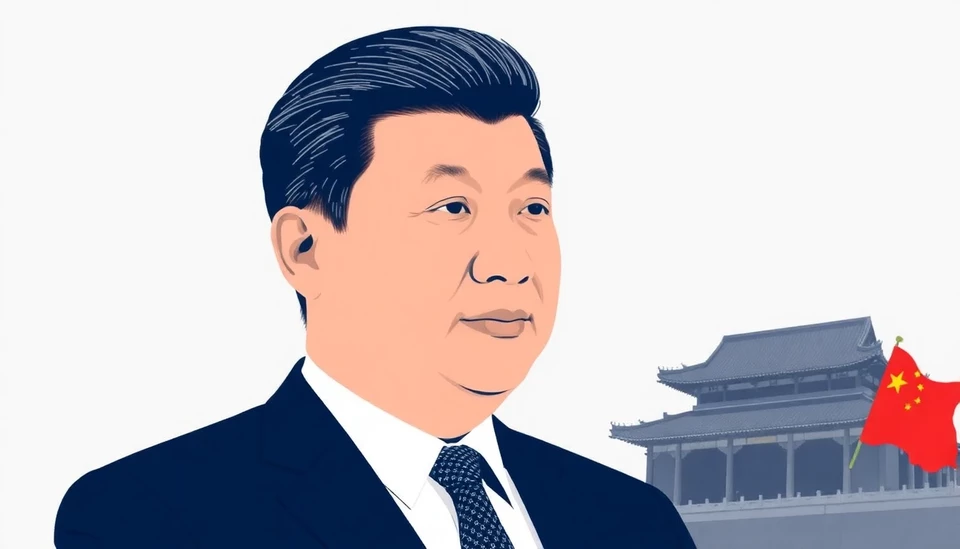
The trajectory of China's political landscape is on the verge of transformation as speculation mounts over the future of President Xi Jinping's leadership and the country's rigid authoritarian model. Recent observations suggest that China’s tightly controlled autocracy, often dubbed “Autocracy 2.0”, may start to wane as various socio-economic pressures emerge. Analysts are closely watching these shifts, with implications that could resonate beyond China's borders.
Bloomberg's latest insights reveal that the Chinese government is grappling with significant challenges, from a stagnant economy to growing public discontent. Recent data indicates a concerning drop in economic activity and rising levels of unemployment among the youth, fueling skepticism over the government's ability to maintain its current grip on power. The Communist Party’s historical hold on the political fabric of China is being scrutinized more than ever as a younger generation seeks to voice its demands for greater accountability and social freedom.
In light of these pressures, experts highlight potential cracks in the ruling regime’s facade of unity and strength. Xi Jinping, who has consolidated power through various means, may face mounting resistance from within the party and the populace alike. Several analysts propose that the cultural and economic aspirations of Chinese citizens could lead to a re-evaluation of the Communist Party's authoritarian practices, possibly paving the way for more liberal policies or governance approaches in the future.
The anticipated decline of Autocracy 2.0 raises questions about its longevity. With growing ideological rifts among party elites and increased public demonstrations against government policies and corruption, the stability of Xi's regime faces uncertainty. This period of reflection could signify an opening for political reform or at best an evolution in how governance is conducted in China. The narrative of modernization often excludes discussions about political liberalization, but as pressure mounts, this could become a pivotal point in China's political story.
Moreover, external influences, such as international relations and trade dynamics, may also pose additional challenges. With China experiencing friction with several Western nations, the implications of this estrangement could spur shifts in domestic policy as the government attempts to navigate these turbulent waters while maintaining popular support. The connection between foreign affairs and domestic politics may become an increasingly important part of the conversation around the potential for political change.
In conclusion, while the future of China's autocracy remains uncertain, current indicators suggest that the political status quo is becoming increasingly difficult to maintain. As environmental, economic, and social pressures tighten, the possibility of change grows more credible. Observers worldwide will be keenly focused on how the Chinese government adapts, as what unfolds may redefine the nation's political landscape for years to come.
#ChinaPolitics #Authoritarianism #XiJinping #PoliticalReform #Autocracy2_0 #ChinaEconomy #YouthUnrest #GlobalImpact
Author: Laura Mitchell




